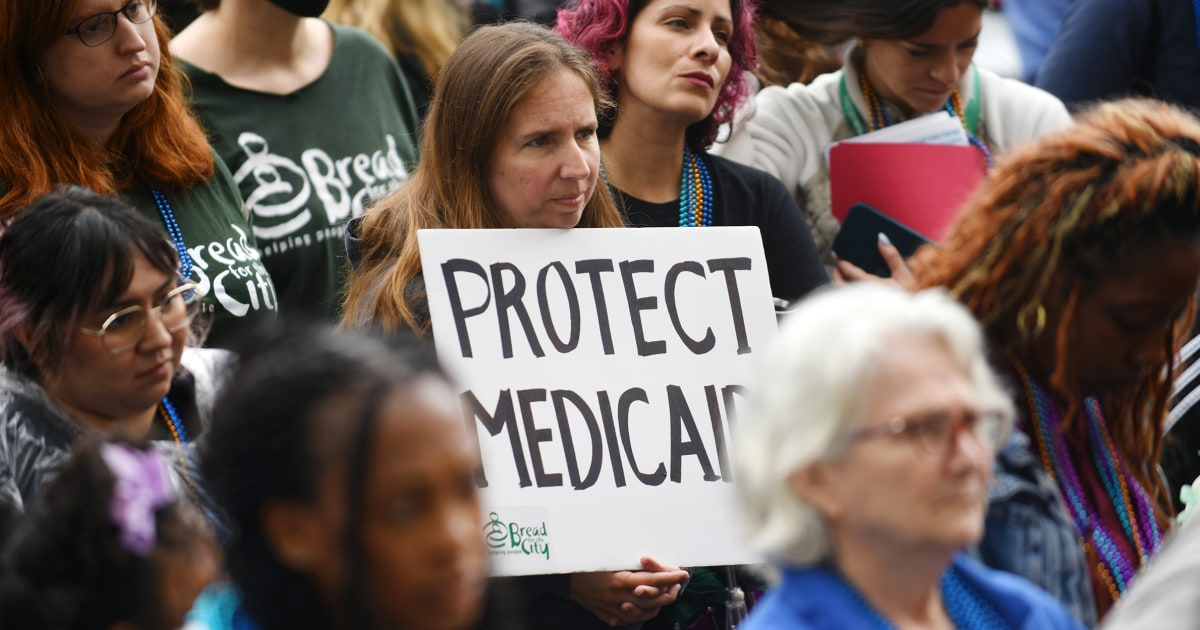Millions at Risk: How the Republicans' Healthcare Bill Could Impact Coverage for Americans

The proposed Republican healthcare bill aims to repeal and replace key provisions of the Affordable Care Act (ACA), often referred to as Obamacare. While proponents argue it will lower costs and increase choice, critics warn of substantial coverage losses. The Congressional Budget Office (CBO) and other independent analyses have offered varying estimates, ranging from 10.9 million to 16 million Americans potentially losing health insurance coverage over the next decade. Understanding the nuances behind these estimates is crucial to grasping the bill's potential impact.
The differing estimates stem from several factors. The CBO's projections rely on complex modeling, considering various scenarios and assumptions about individual behavior. For example, the bill significantly alters subsidies for health insurance premiums and cost-sharing reductions. Some individuals who currently receive these subsidies might find it more difficult or expensive to afford coverage under the new system. Additionally, the bill introduces changes to Medicaid eligibility, potentially impacting low-income individuals and families who rely on this program for healthcare.
- Premium Subsidies: The bill changes the way premium subsidies are calculated, potentially leading to higher out-of-pocket costs for some individuals.
- Cost-Sharing Reductions: The bill eliminates cost-sharing reductions, which help lower-income individuals afford deductibles and copayments.
- Medicaid Expansion: The bill phases out Medicaid expansion, potentially impacting millions of individuals who gained coverage under the ACA.
- Individual Mandate: The bill eliminates the individual mandate, which requires most Americans to have health insurance or pay a penalty.
Individuals with lower incomes, those living in states that expanded Medicaid, and those who rely on the ACA's subsidies are particularly vulnerable to coverage losses under the Republican bill. Rural communities, which often have limited healthcare options, could also be disproportionately affected. The bill's impact will vary significantly by state, depending on the state's existing healthcare landscape and the extent to which it has embraced the ACA.
While the statistics provide a broad overview, it's important to remember that each number represents a real person facing potential disruption to their healthcare access. Losing health insurance can have devastating consequences, leading to delayed or forgone care, increased medical debt, and poorer health outcomes. The debate over this bill isn't just about policy; it's about the well-being of millions of Americans.
The fate of the Republican healthcare bill remains uncertain. As the debate continues, it's crucial to stay informed about the potential consequences and to advocate for policies that ensure access to affordable, quality healthcare for all Americans. The complexities of the issue require careful consideration and a commitment to finding solutions that protect vulnerable populations.






